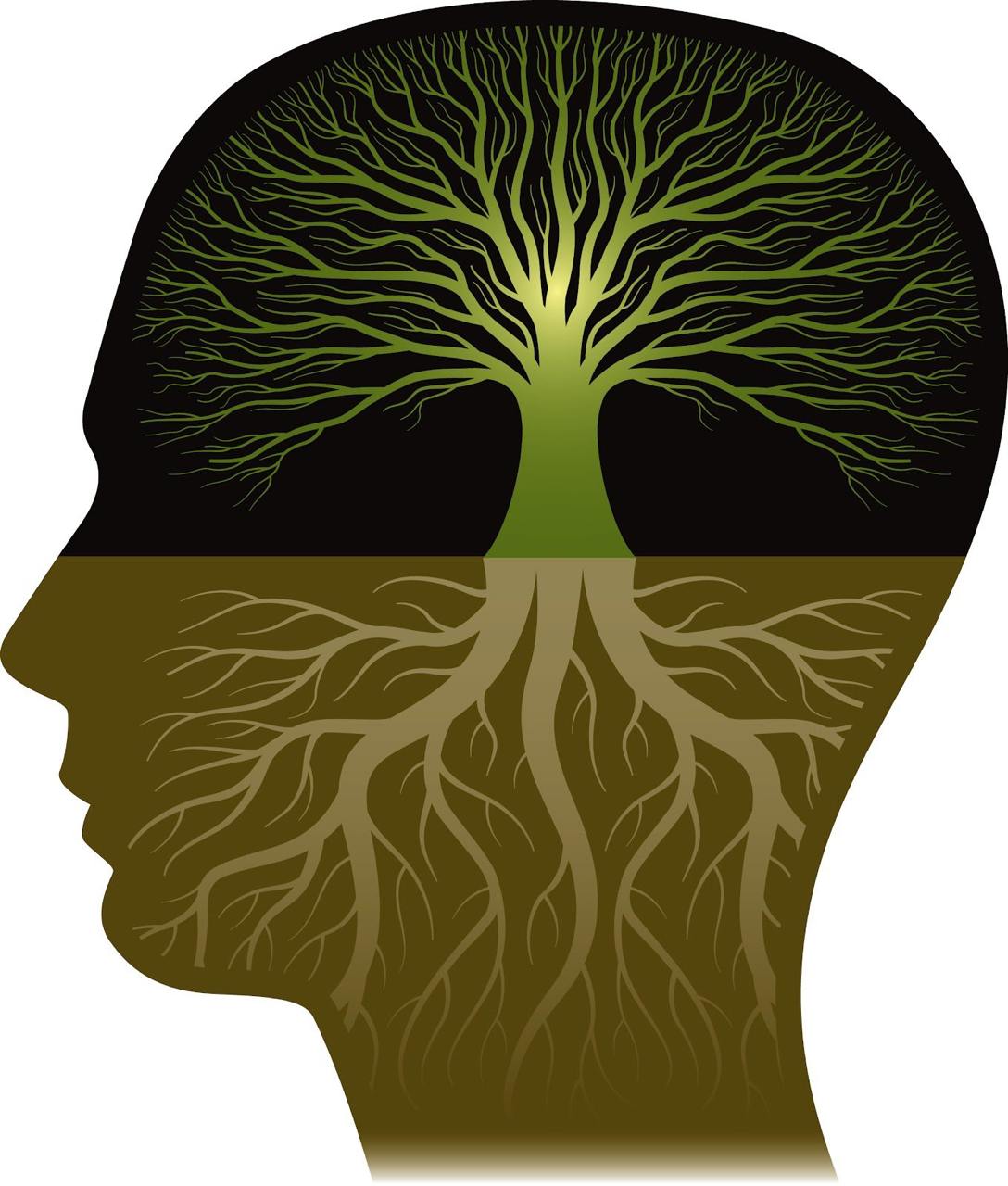The Diversity of Epistemological Methods as a Basis for the Islamization of the Humanities
Mohammad Fanaei Eshkavari
One of the epistemological foundations of the Islamization of the humanities is the recognition that we have three main methods for acquiring knowledge and discovering the truth:
1. The rational method (philosophy, mathematics, logic),
2. The empirical-sensory method (empirical sciences),
3. The transmitted-revelatory method (religious knowledge).
Some subjects and issues can be studied exclusively through one method:
1. For example, logic, mathematics, and some philosophical issues that are purely rational, to which empirical experience has no access and religious texts have not addressed.
2. Likewise, many religious teachings regarding beliefs and rulings can only be accessed through revelation.
3. Or most issues of the empirical sciences, in which pure reason is silent and religion has not intervened.
There is another category of subjects and issues that can be studied using two methods. For instance, some philosophical topics, such as the attributes of God, certain states of the soul, and the resurrection, can be addressed both through rational reasoning and reference to religious texts.
Finally, there is a group of topics and issues that can be explored using all three methods—philosophical, empirical, and religious—such as anthropology, education, economics, and many topics related to the humanities. Each method reveals a different aspect or dimension of the subject. For example, we can have philosophical, empirical, and religious (theological, mystical) approaches to anthropology.
Religion can offer views on rational and empirical matters and also address topics that lie beyond the reach of pure reason or mere empirical experience. Of course, religion does not enter all rational or empirical domains, since its aim is not to discover all scientific facts; essentially, religion is not a substitute for human knowledge. Religion emphasizes those scientific truths and requires belief in them when they play a decisive role in human ultimate salvation—such as belief in the origin and the afterlife. However, at times, religion may enter rational or empirical domains for its own objectives. In many cases, it also introduces supra-rational and supra-empirical rulings. This characteristic is clearly visible in some legal rulings (fiqh). For instance, religion prohibits alcohol consumption or sexual relations outside the bounds of religious law, while pure reason or empirical study alone may not reach such a ruling. Therefore, in religious thought—as opposed to secular thought—in such cases divine law is considered authoritative and obligatory, and it does not require independent empirical or rational validation.
This fundamental difference in epistemological foundations leads to two distinct models of thought and lifestyle—religious and secular—that sometimes result in tensions, making complete harmony between them difficult. Religious and secular thought offer two different worldviews and ways of life, which in some domains lead to completely different lifestyles—often described as a clash between tradition and modernity.
Religious reformism does not mean surrendering to secularism or abandoning religious teachings. Religious reformism never aims to assimilate religion into secular values, conform to transient trends of the time, or justify permissiveness. The mission of religion is to transform the world and elevate human thought and behavior based on divine standards—not to react passively to prevailing ideologies or dissolve the religious identity.
If religious intellectualism seeks to eliminate the inherent differences between religion and secularism, or to absorb religion into secularism, it is a project that strips religion of its authenticity and identity. As such, it is incompatible with religious teachings and doomed to fail.
erfan, [May 14, 2025 at 9:13:44 PM]:
The conclusion of this section is that all valid methods of knowledge must be utilized, and each method should be applied where it is relevant. For example, in psychology, the ideal is to have all three types of psychology based on the mentioned methods: philosophical, empirical, and religious. Each of these approaches—especially philosophical and religious—contains internal diversity of perspectives.
A Muslim psychologist, in addition to philosophical and empirical psychology, also possesses religious and perhaps mystical psychology. However, such religious or mystical psychology is not imposed on those outside the faith or the circle of mysticism. These diverse approaches to psychology are not mixed together. By utilizing all sources and methods of knowledge, our psychology becomes more comprehensive and thus richer.
